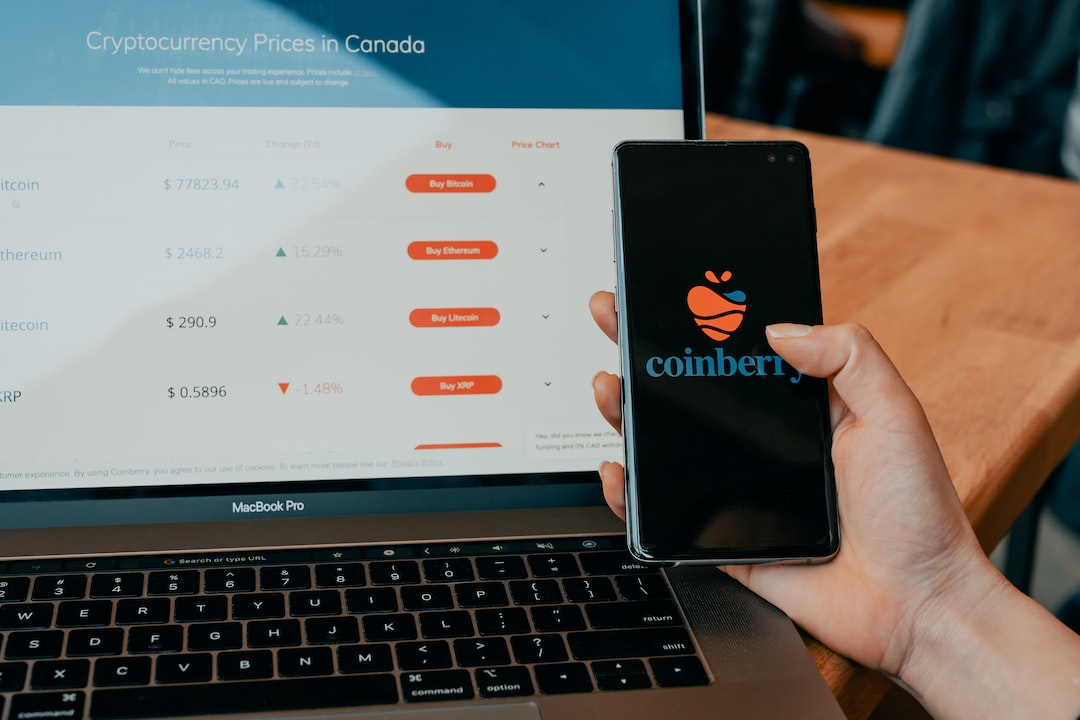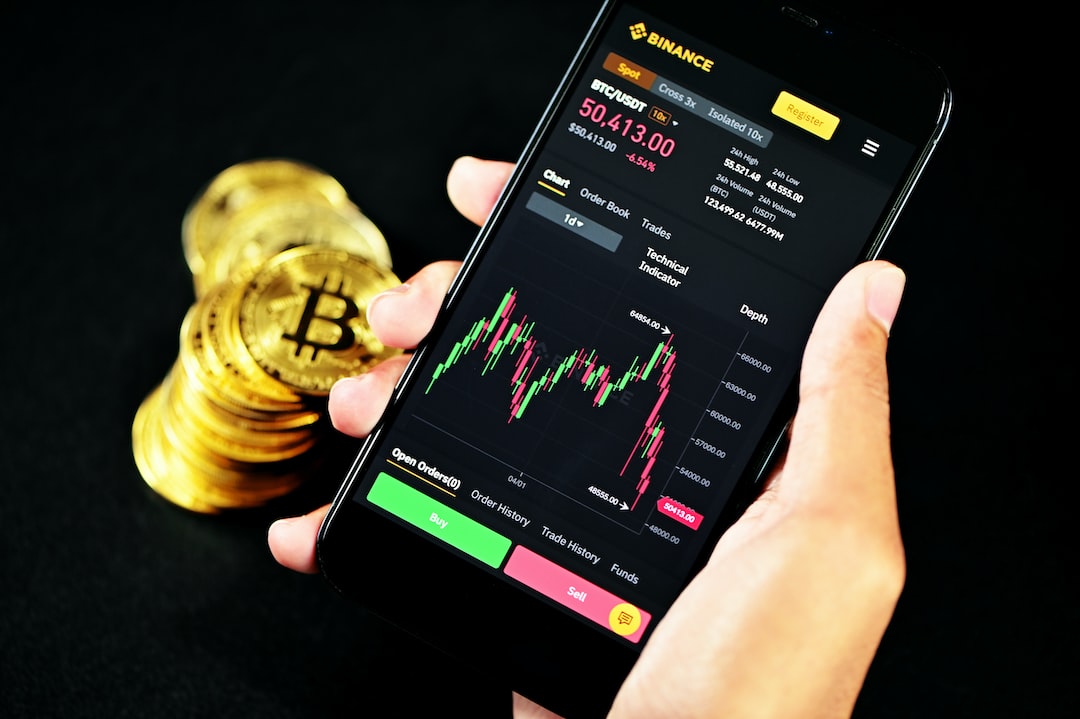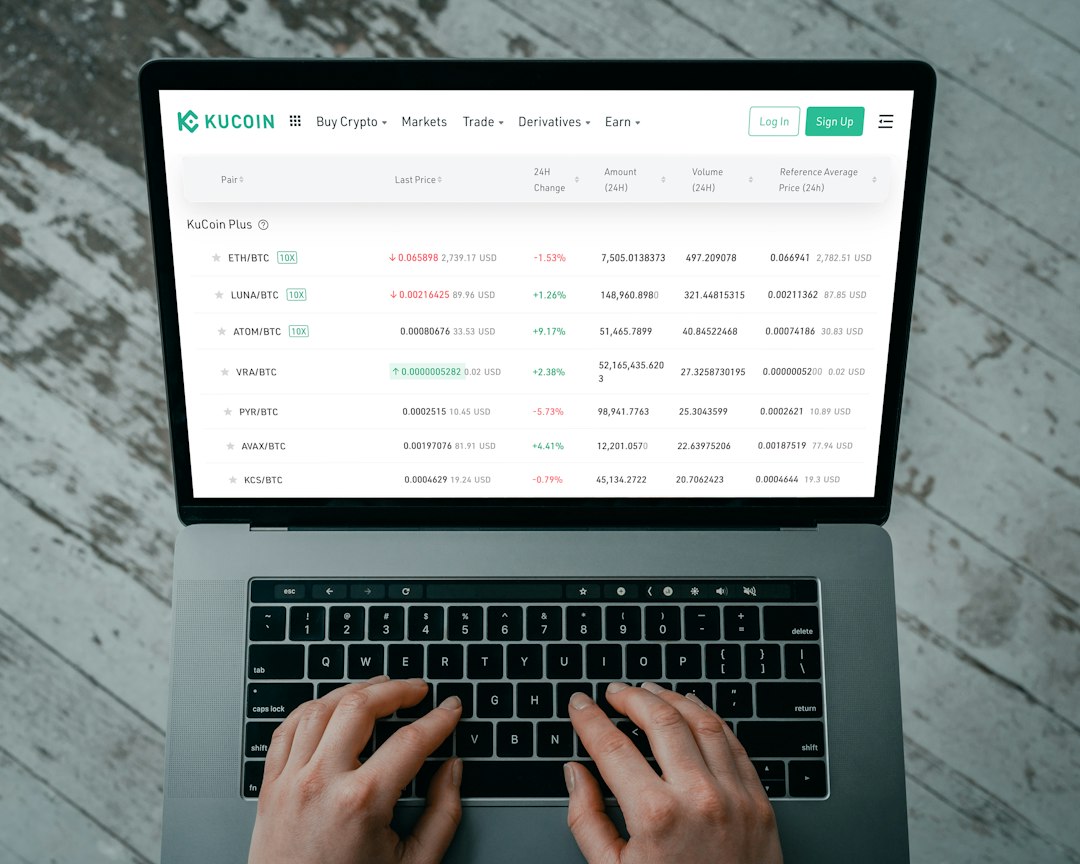The Approval of Spot Bitcoin ETFs by the SEC
After years of waiting, the United States Securities and Exchange Commission (SEC) has finally approved 11 Bitcoin exchange-traded fund (ETF) applications on January 10th, 2024.
This long-awaited approval has sparked interest in understanding the difference between buying a spot Bitcoin ETF and buying Bitcoin directly, and which option might be better for you.
What is a Spot Bitcoin ETF?
An exchange-traded fund (ETF) is a financial product that represents a basket or individual assets and trades on an exchange like a regular stock. In the case of Bitcoin ETFs, they provide a traditional investment vehicle to gain exposure to the price of BTC.
However, there is a technical difference between the ETF itself and the asset it tracks. The ETF is a standalone product that trades independently of the underlying asset, which can result in a difference between the ETF price and the net asset value (NAV) of BTC.
Characteristics of Bitcoin ETFs
Bitcoin ETFs have several important characteristics:
Trades on traditional exchanges like the New York Stock Exchange
Bitcoin ETFs trade on regulated exchanges such as the New York Stock Exchange, not cryptocurrency exchanges.
Investors don’t own the underlying BTC
Owning a Bitcoin ETF does not grant ownership of BTC. Instead, investors own shares in the ETF that are backed by BTC owned and stored by the ETF provider.
There are acquisition fees depending on the provider
Each Bitcoin ETF has different fees determined by its provider. For example, BlackRock’s Bitcoin ETF (IBIT) has a sponsor fee of 0.25%.
Managed by the ETF provider
ETFs are managed by the companies that launch them, and they have the ability to change fees and withdraw support if certain criteria are not met.
Trades within traditional US trading hours
Bitcoin ETFs can only be accessed during regular US trading hours as they trade on regulated exchanges like the NYSE.
There might be an ETF/NAV price difference
The price of a Bitcoin ETF may differ from the price of BTC on the same day due to trading on separate markets.
Pros and Cons of a Bitcoin ETF
Bitcoin ETFs have advantages and disadvantages:
- Pros: regulated financial product, inclusion in specialized portfolios, backed by reputable providers like BlackRock
- Cons: investors do not own the underlying BTC, potential premium on the ETF compared to BTC NAV, limited trading hours and higher fees
Buying BTC Directly
Buying Bitcoin directly provides ownership of BTC, whether purchased from an exchange or through peer-to-peer transactions. It is important to consider self-custody and transfer BTC to a cold wallet for secure storage.
Characteristics of Buying BTC Directly
Buying BTC directly has its own specifics:
Trades on cryptocurrency exchanges
BTC can be bought on cryptocurrency exchanges like Binance or Coinbase.
Investors get direct ownership of BTC
Purchasing spot BTC on a cryptocurrency exchange grants direct ownership, allowing for transfers to cold storage or trading against other altcoins.
Acquisition fees vary between crypto exchanges
Cryptocurrency exchanges have trading fees associated with buying and selling BTC, which vary depending on the exchange.
Managed by you
As the owner of BTC, you are responsible for its safety and must learn about cold storage and security measures.
Trades 24/7, irrespective of traditional working hours
Cryptocurrency exchanges operate around the clock, enabling trading at any time.
Direct exposure to the BTC price
When buying BTC directly, there is no difference in price between the asset and its ETF counterpart. The investor is fully exposed to the BTC price.
Pros and Cons of Buying BTC Directly
Buying BTC directly has advantages and disadvantages:
- Pros: direct ownership of BTC, full control through self-custody, unlimited trading hours and lower fees
- Cons: storing BTC can be challenging, exclusion from traditional retirement plans, not recognized as a financial instrument
Bitcoin ETF vs. Buying BTC Directly: What’s Better?
The choice between a spot Bitcoin ETF and buying BTC directly depends on individual preferences and needs. If you prefer simplicity, long-term exposure without custody concerns, and don’t mind higher fees, an ETF might be better. On the other hand, if you are knowledgeable about crypto, desire direct ownership for secure storage or active trading, then buying BTC directly is recommended.
Hot Take: Which Option Should You Choose?
The decision between a spot Bitcoin ETF and buying BTC directly ultimately depends on your personal preferences and goals as an investor. Both options have their pros and cons.
If you’re looking for a regulated financial product that can be included in specialized portfolios, backed by reputable providers, and don’t mind not owning the underlying BTC, a Bitcoin ETF may be suitable for you.
However, if you want direct ownership of BTC, full control through self-custody, unlimited trading hours, and lower fees, buying BTC directly is the better option. Just remember to prioritize security measures and educate yourself on cold storage practices.
Ultimately, it’s important to consider your level of technical expertise, trading preferences, and long-term goals when deciding between a spot Bitcoin ETF and buying BTC directly.





 By
By
 By
By

 By
By

 By
By